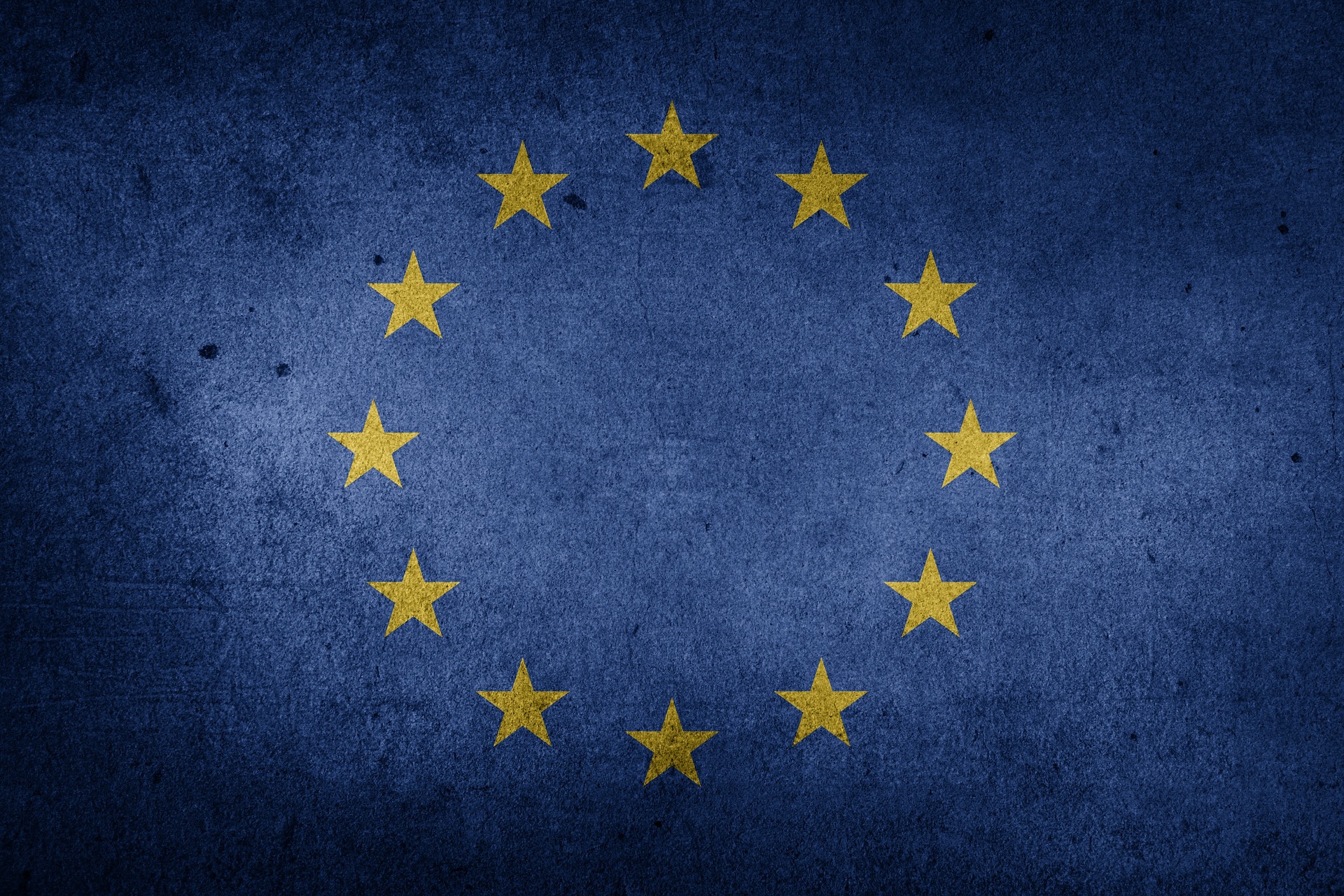Brussels, 12/11/2020 – Negotiations regarding the EU Multiannual Financial Framework for 2021–2027 have been closed and we are now entering the final stage. While there are still some concerns for the European Pirates, we also managed to push through a number of Pirate priorities – more funding for science and education or a clear rule of law conditionality.
“I am happy to say that two of the budget’s main issues have been addressed to a huge extent: the budget for research through Horizon Europe and for education through Erasmus+ has been increased. Europe that would not act upon these two areas would have no real future. Especially when we still need more decisive action on digitization and building up the European digital autonomy,” said Marcel Kolaja, Vice-President of the European Parliament.
“The envelope for border protection and humanitarian aid was increased by two and a half billion EUR. This is a sort of a band aid for long-term problems with border management and the absence of a central, unified European approach regarding the common European border, but that is not a problem that can be solved by adding more money. At the same time, we should not be dazzled by the decent amount of funds invested into humanitarian aid: not only do the European funds constitute only a fraction of all spending in Europe, but this is also only humanitarian aid. For long term solutions, we need more development cooperation on the European level, and not only on budgetary issues, but also through clear political action,” added Markéta Gregorová.
“The most important part for me, and at the same time the most fragile part of the MFF deal (Multiannual financial framework – the EU’s long term budget for the years 2021–2027) is the newly strengthened public control, enacted through clear control rights assigned to European Parliament and the rule of law mechanisms. Now we finally have a clear link between funds and rule of law in the member states: and that has propelled PiS in Poland and Orbán in Hungary to threaten vetoing the MFF. If they do that, they will clearly show they care more about wrecking democratic institutions and fundamental rights than about moving forward together. I think they should be satisfied with the overblown Common Agricultural Policy, with its extremely poor conditionalities, that will still make it possible to send more than enough funds to agricultural oligarchs,” commented Mikuláš Peksa.
“Another problem of this budgetary package is quite simple: it wants to work on the digital transition, but 8 billion euros for Digital Europe cannot fix our digitization alone. Using the digital tax for own resources may help smaller digital companies and start-ups compete with the giants, but that is only one aspect. At the same time we are heading towards a Europe of surveillance and encryption breaking and that goes entirely against the European ambition for a digital economy that serves citizens, even before we start the reasonably sized investments,” concluded Peksa.
This MFF will be linked with the Recovery Plan, which will allow the Member States to finance their pandemic recovery. We are, therefore, pleased with the Parliament’s position on the Recovery and Resilience Facility, where we helped make sure that governments would have to spend the recovery money under reasonable conditions such as at least 40 % for climate and biodiversity and projects respecting the “do no harm” principle. In the area of digital transformation, we ensured that the reforms and investments would respect personal data protection and promote the use of Open Source solutions. It is now up to the Members States to uphold this principle in the negotiations.


0 comments on “EU long-term budget negotiations: The Pirates managed to push through a number of Pirate priorities”